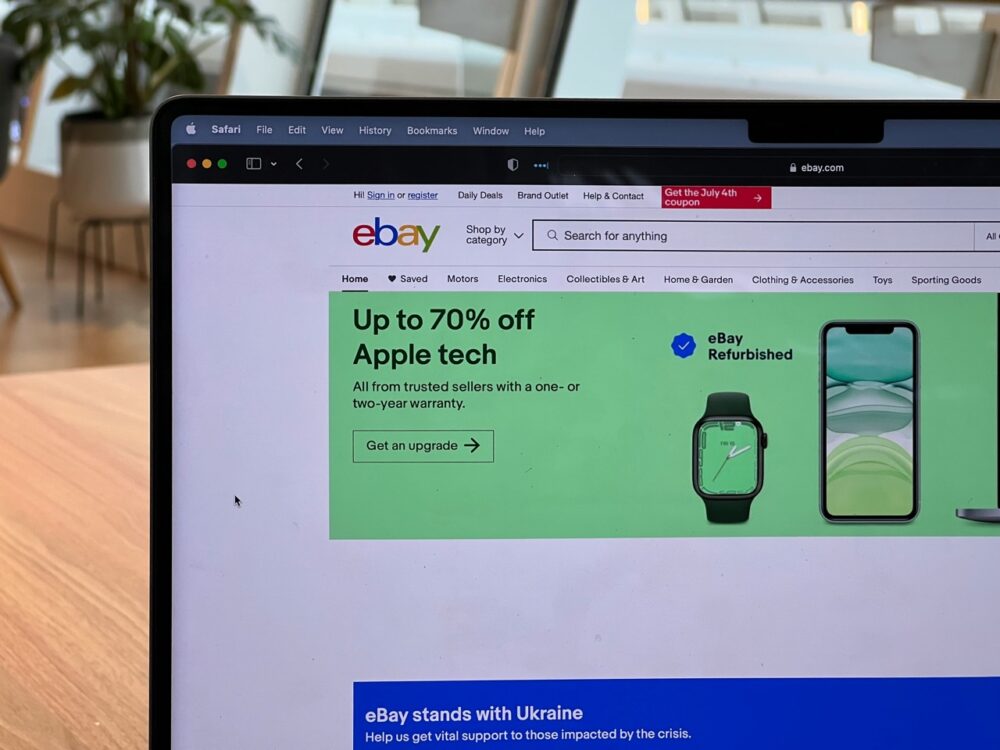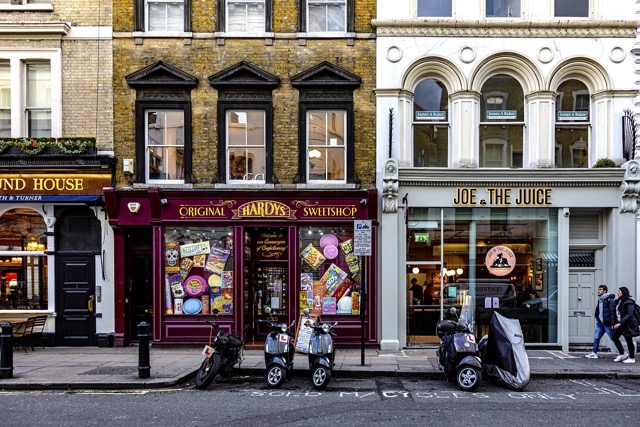Headlines surrounding the UK high street would suggest doom and gloom. Upheld as an iconic part of British commerce, seeing major names endure struggles has raised concerns. It’s only natural to infer that small businesses are struggling too. Yet, the high street is still very much alive.
There are still over five million small businesses in the UK. The value of small retail businesses in the UK has risen over the last seven years to over £8 billion from around £5.5 billion up to February 2024. Still, headlines of Mike Ashley swooping in from Bloomberg don’t create a sense of optimism.
As a result, the general picture looks to be bleak. High-street business has changed a lot in recent years. However, the high street certainly isn’t dead yet. This is especially true when it comes to retail. All that’s happened is that British buyers have switched their habits alongside more competitive options evolving.
Competitive market online
The greatest change to the need to visit the high street has been the internet. It’s a convenient place to quickly access products and services. Delivery tends to be quick, as does communication. Plus, it’s a much more competitive place that helps to bring down prices and fees.
Retail is, naturally, making the most of the internet as a point of sale. Many other high-street services have made the move as well. Even real-estate agents have moved online. The prime example would be Sold. Here, the traditional high-street estate agent, the online estate agent, and cash buying company are combined. As an online platform, these three services can be seamlessly brought together. Homes can be sold in as little as seven days, and the process is streamlined. So, some of the stresses of selling get removed. The need to compete online rather than with a few high-street peers has forced this refining of the model.

Looking at eCommerce, the UK has the most advanced market in Europe. Here, however, retail stores may be getting pipped by what would once have been, more or less, charity shop competitors. Second-hand clothes from the likes of Vinted and eBay are picking up in the UK.
High street still on top in retail

Even in November 2020, internet sales only made up 37.2 per cent of total retail sales. By November 2023, that percentage had sunk to 31 per cent. Due to the sales, this is the biggest month of the year for UK shoppers.
Even with massive online discounts in November, high-street retail is still dominant. As such, the high street is still very valued by British consumers. Perhaps the lens should instead turn to the idea that the high street is changing from what we know. This is how Virtualstock CEO and founder Ed Bradley sees it.
He cites M&S seeing seven-year highs for its clothing and food lines. Plus, Waterstones is investing in making a compelling in-store experience, which looks to be working. Then, there’s also the opportunity to blend online and offline shopping by the two complimenting one another.
The high street isn’t dying, even in the face of online competition. Successful stores are embracing all of the possibilities.
















